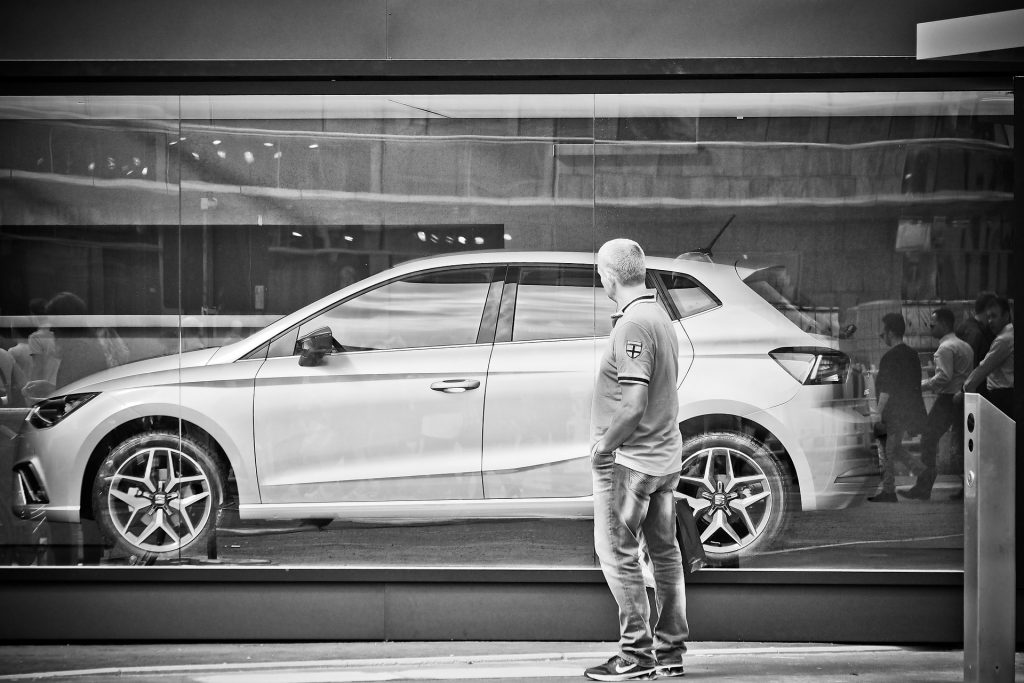
Purchasing a car is a big investment that can be a risky business. And purchasing a used vehicle is even riskier. You don’t want to get emotionally caught up with the idea of being the owner of a vehicle and plunk down thousands of dollars on a car that is in a poor state.
Instead, you will need to ensure you don’t miss any potential mechanical, cosmetic, and safety issues there may be in the car. You cannot rely on a simple visual inspection or on a test drive to find out the whole maintenance history of a vehicle.
This is one piece of advice you don’t want to ignore: To give you peace of mind and eliminate much of the anxiety associated with the purchase of a car, have a pre-purchase inspection done so you can buy with confidence. The pre-purchase inspection will allow you to get an accurate picture of the condition of the vehicle.
1. What is a vehicle pre-purchase inspection?
Now that we’ve established why a PPI (pre-purchase inspection) is important, let’s move on to the next point: what exactly is a PPI?
It is an inspection carried out by a licensed mechanic or by an auto technician before completing the purchase. This detailed assessment will unveil any issues in the mechanical, cosmetic, and safety condition of a vehicle that an around-the-block test-drive or cursory glance under the hood won’t.
As experts in the make and model of the vehicle being inspected, the mechanic or technician will be able to pinpoint any existing conditions, reveal maintenance shortcomings, make sure any previous damage has been properly repaired and highlight issues that may turn out to be safety or financial issues in the future.
2. What is included in a pre-purchase inspection?
While a thorough visual inspection can help in some cases, a detailed under-the-hood inspection is highly recommended as it involves checking for many more things.
The mechanic will check the following:
i) Engine
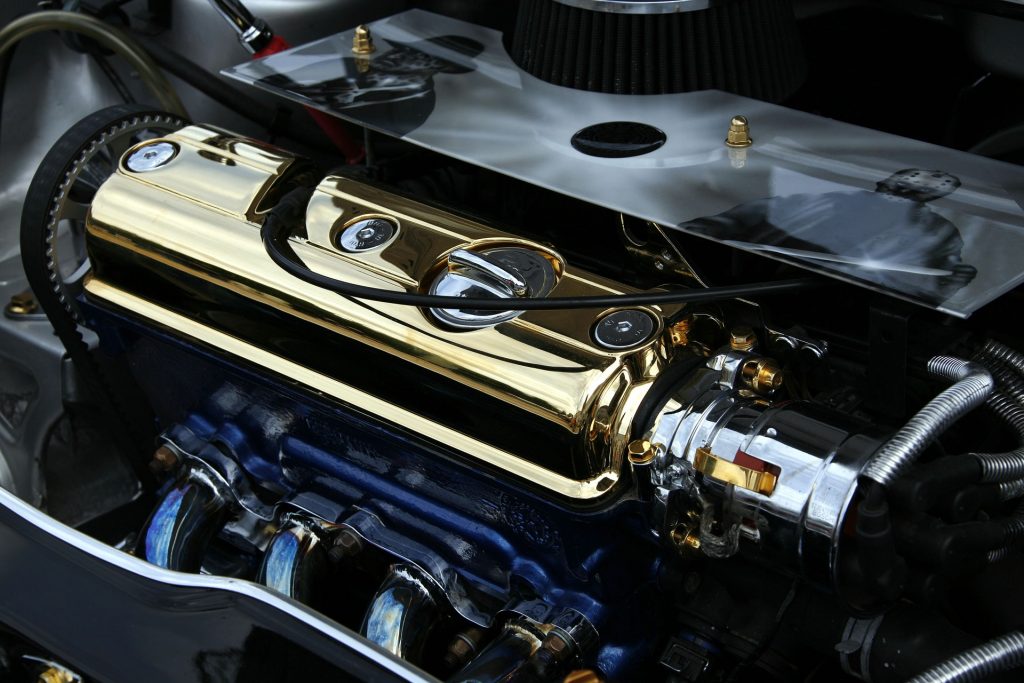
Plugging a scan tool into the engine management system will allow the mechanic to detect any potential engine fault codes.
ii) Interior
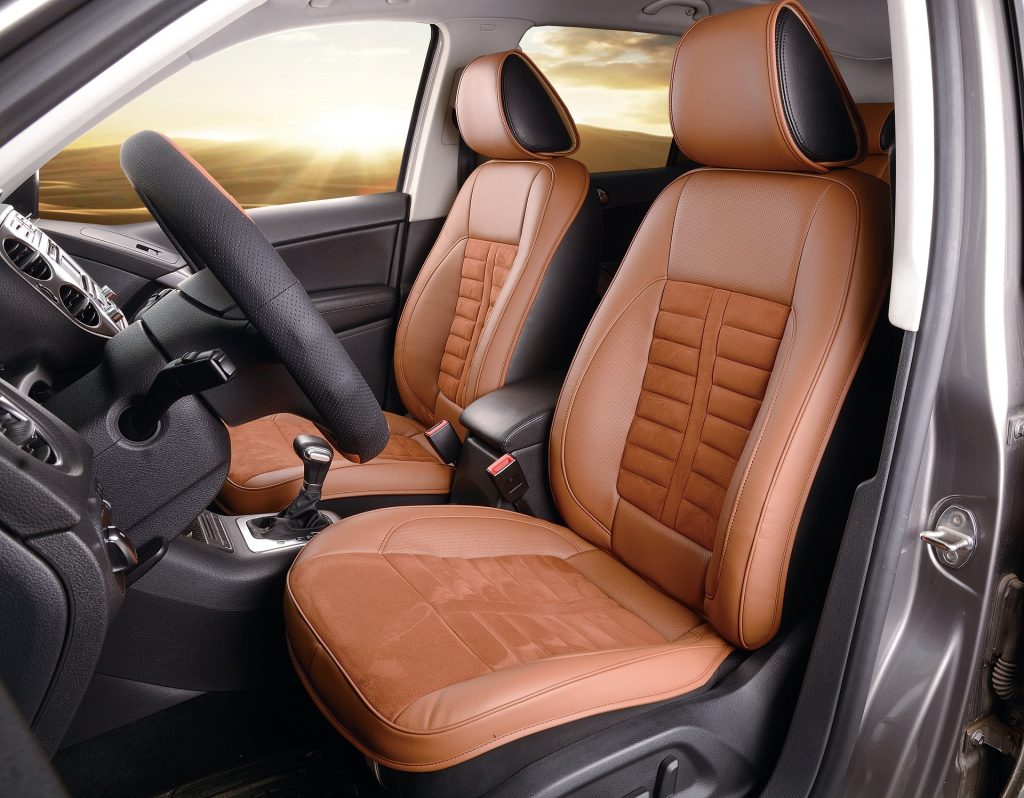
The technician will check the heating/air conditioning system, the horn, and seat belts.
iii) Accident Damage
Using a paint depth gauge test, the mechanic will try to find evidence of previous cosmetic repair following an accident or due to hail and flood damage.
iv) Mechanical system check
Service workshop personnel will check the exhaust system, shock absorbers, the toothed belt as well as the brake condition and its performance.
v) Exterior/Underbody
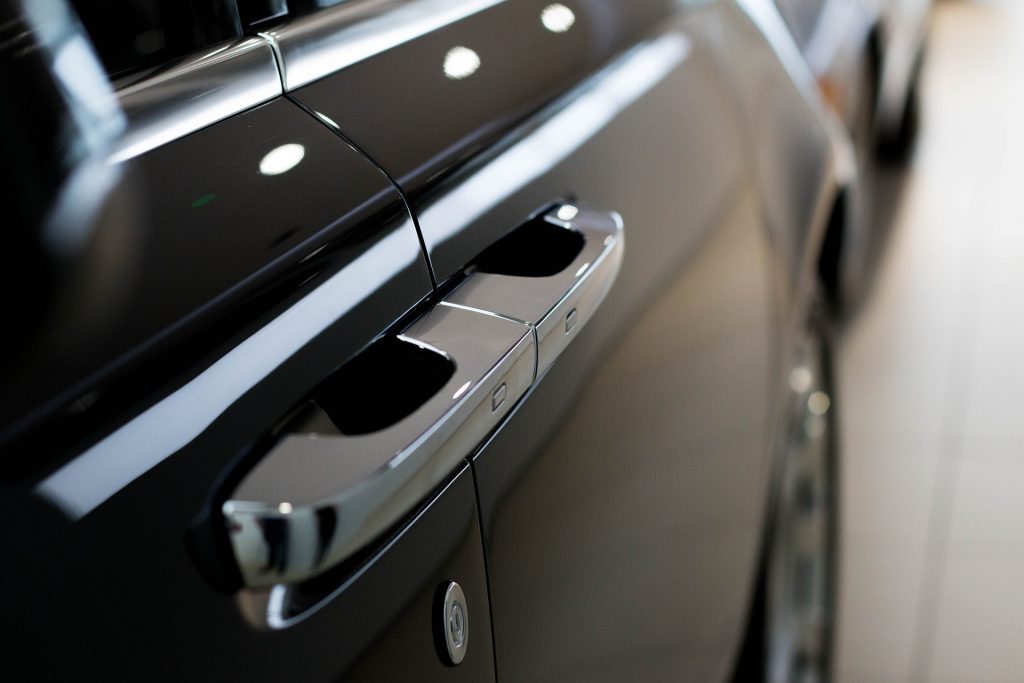
The mechanic will put the car up on a lift and conduct a visual inspection to check for rust, previous body repairs, body damage or defects, leaks, frame damage, and misalignment. They might also check the tire tread for wear and tear or damage.
vi) Electrical checks
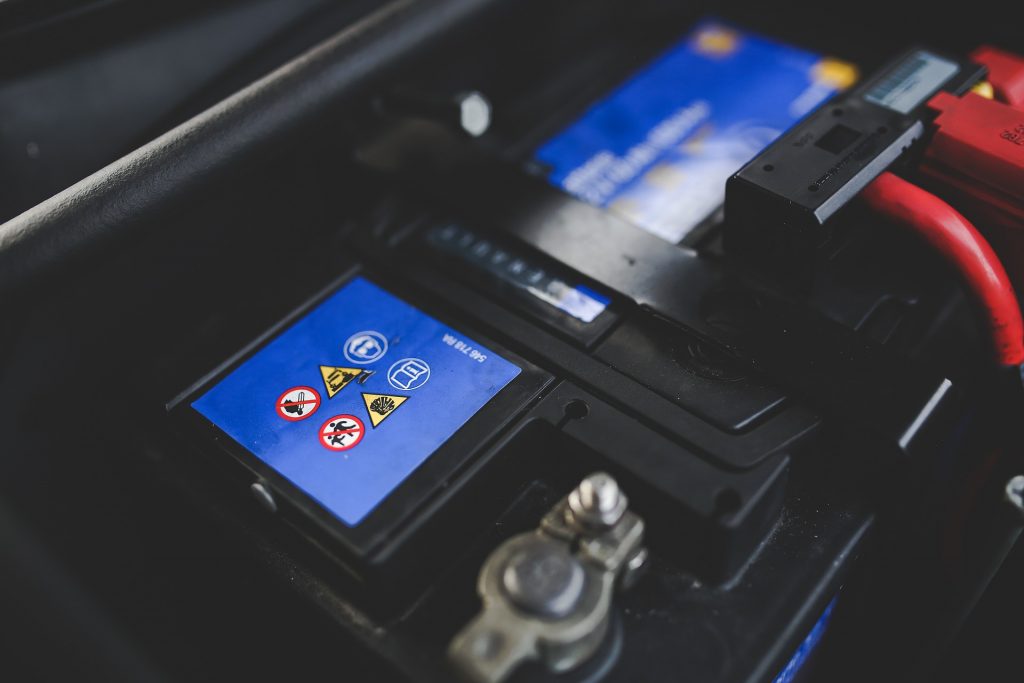
Electrical checks include checking the interior and exterior lights, the horns, the starter motor, as well as the alternator.
The mechanic may also want to take the car for a test drive to evaluate its suspension system, brake operations, exhaust emissions and also see if the engine makes any strange sounds.
3. Where can I get a car inspection?
While you can ask the dealer from whom you’re buying to conduct an inspection themselves, you may feel more confident about it if the inspection is conducted by an independent mechanic. In fact, any competent mechanic or automotive technician can conduct a pre-purchase inspection.
All automobile dealerships know that it’s the customer’s right to have a PPI and will most likely be open to you taking the vehicle for an inspection by an independent mechanic. Depending on where you are from, a non-binding offer to purchase might not be sufficient for getting an inspection done – especially if you want the inspection done off-site. You might need to make a refundable deposit. You might also need to visit an independent specialty shop if you are buying from a private seller.
Irrespective of whom you are buying from, you can choose to take the vehicle to a mechanic you already know. Or, you can also go to a professional service center, such as Complete Mechanical Centre which is a service shop in Hoppers Crossing. Their team of fully licensed and qualified mechanics are familiar with the process and will walk you through anything you need to know.
4. What happens after I’ve had the vehicle inspection done?
The reason a pre-purchase safety inspection is a final step before the actual purchase is because it helps the buyer determine whether the vehicle is indeed the right fit for them.
Armed with the information from the PPI, you can now decide if you still want the car. Depending on what the inspection uncovers, you may also gain some leverage to renegotiate the price with the seller.
